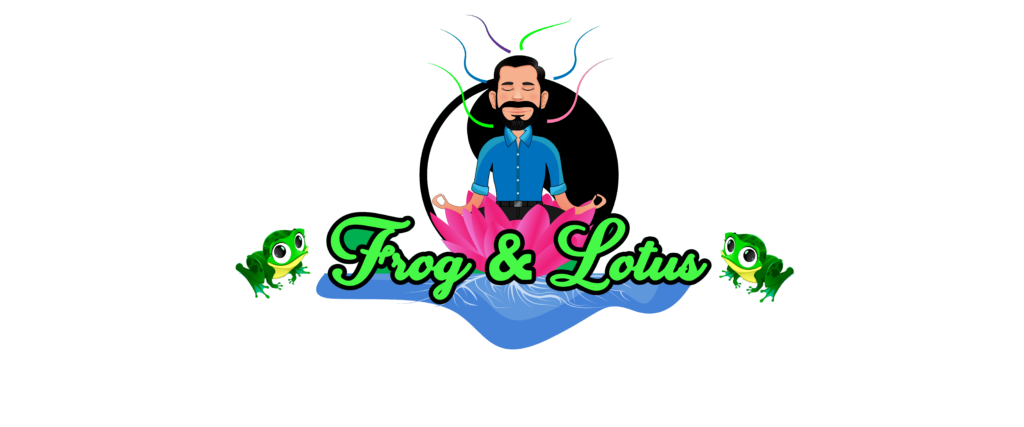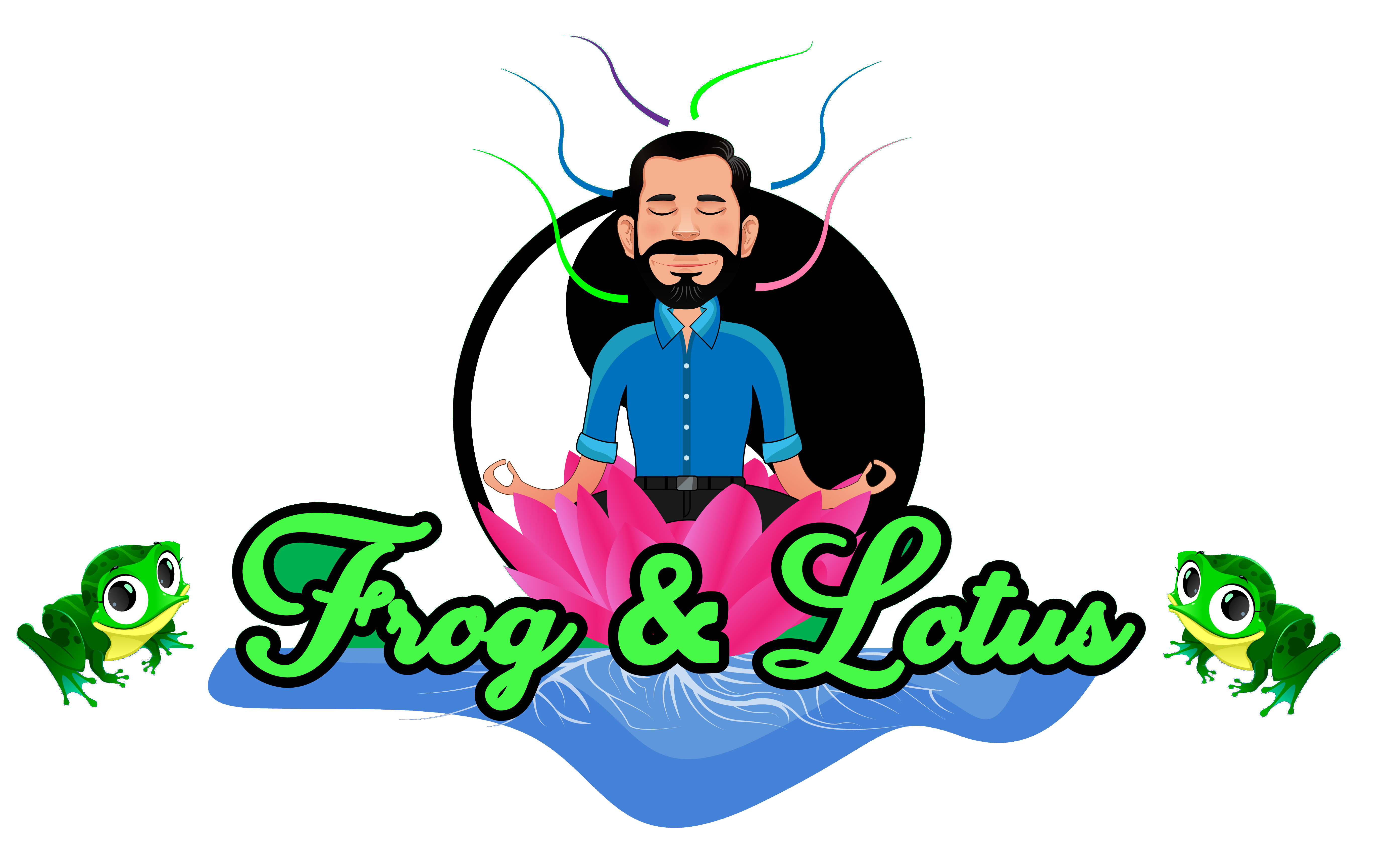Duality in the universe is something that has both intrigued and perplexed me for a long time. It is a concept that divides a whole into two parts. Comparing and contrasting opposing parts somehow helps us to make more sense of things. Our understanding is easier when we are able to look at things in the context of opposites. Good is better recognized when compared to bad. Yet, we know quite well that there is no such thing as good without bad. Either/or is not reality. However, most of us try hard to be good and to only allow this good to be seen, while we hide our darkness or pretend it doesn’t exist. Unfortunately, when we fail to recognize the oneness of both good and bad in ourselves and in others, judgment ensues.
Clearly, the concept of duality is rooted in the idea that two parts make a whole. But in our daily human existence, we somehow seem to forget this. On Day 15, we discussed the way our human brains formulate concepts. Reason is our super-power and it gives us an incredible ability to plan and create. But when we get lazy, we let our rational minds divide things into parts, we often forget to put them back together.
A Google search turns up this definition of duality according to Oxford Languages. I’ve had to combine a few things because their definition used the word dual to define duality. (Don’t you find it annoying when a word is used in its own definition?)
Duality:
- The quality or condition of being dual, which means consisting of two parts, elements, or aspects. In physics, this means the quantum-mechanical property of being regardable as both a wave and a particle.
- An instance of opposition or contrast between two concepts or two aspects of something.
I love the definition from physics because it includes not a description of either/or, but rather both/and. It includes the property of being both a wave and a particle. The Heisenberg Uncertainty principle takes this a step further and tells us that the position of a particle and its velocity cannot both be measured exactly at the same time. And further still, the Observer Effect tells us that the behavior of an observed system becomes disrupted by the observer. I’m not a physicist by any means, so these ideas are more or less metaphorical for me, but they all instill a sense of mystery and a great reminder that duality is just an illusion. It may be conceptually helpful to divide things in order to process our thoughts, but a concept is just a representation of an idea, not reality itself.
I find it interesting that digital computing is based on combinations of ones and zeroes. It’s brilliant that we can process mass amounts of data by simply putting together large strings of this simple pair of opposites. This is another great dualistic metaphor. Ones and zeroes are very easy to understand and this simple framework for logic has become the foundation for incredible achievement in computing. At the same time, we have to remember that all those ones and zeroes together make the whole.
A perception of duality is just a way for us to more easily compare and contrast to make sense of the world. When we make mental divisions and then forget that all the parts make a whole, we lose ourselves to separation and we begin to feel alone. But we are not alone. We are all parts of a whole and we are one.
Photo by Edgar Perez on Unsplash


